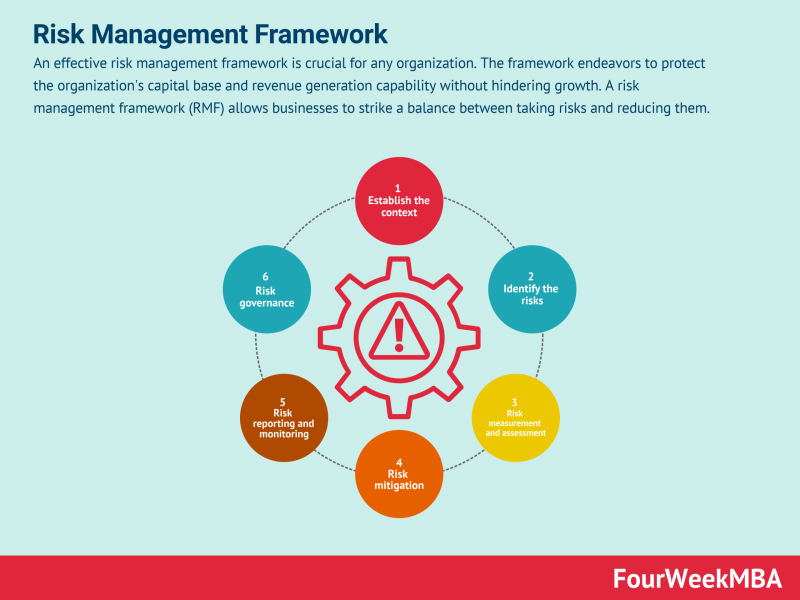Accounting is a crucial aspect of running a successful small business. It involves keeping track of all financial transactions, budgeting, forecasting, and financial analysis. Without proper accounting practices, a small business may struggle to manage cash flow, make informed decisions, and comply with legal requirements.
Choosing the Right Accounting Method
There are two main accounting methods for small businesses: cash basis and accrual basis. The cash basis method records transactions when cash is received or paid, while the accrual basis method records transactions when they occur, regardless of when cash changes hands. It is important to choose the method that best suits your business’s needs and accurately reflects its financial position.
Keeping Accurate Records
Small businesses should maintain accurate and up-to-date financial records, including income statements, balance sheets, and cash flow statements. This information is essential for tracking financial performance, making informed business decisions, and preparing tax returns. Using accounting software can help streamline record-keeping processes and minimize errors.
Budgeting and Forecasting
Creating a budget and forecasting financial performance are essential for small businesses to plan for future expenses, allocate resources effectively, and set financial goals. By comparing actual financial results to budgeted figures, businesses can identify areas for improvement and make necessary adjustments to their operations.
Monitoring Cash Flow
Monitoring cash flow is critical for small businesses to ensure they have enough funds to cover expenses, pay suppliers, and invest in growth opportunities. By tracking cash inflows and outflows, businesses can identify potential cash shortages and take proactive measures to manage their finances effectively.
Complying with Legal Requirements
Small businesses must comply with various legal requirements related to accounting, taxation, and financial reporting. This includes maintaining accurate records, filing tax returns on time, and following accounting standards and regulations. Failure to meet these obligations can result in penalties, fines, and legal consequences.
In conclusion, adopting essential accounting practices is crucial for the success and sustainability of small businesses. By choosing the right accounting method, keeping accurate records, budgeting and forecasting, monitoring cash flow, and complying with legal requirements, small businesses can enhance their financial management and make informed decisions to drive growth and profitability.


